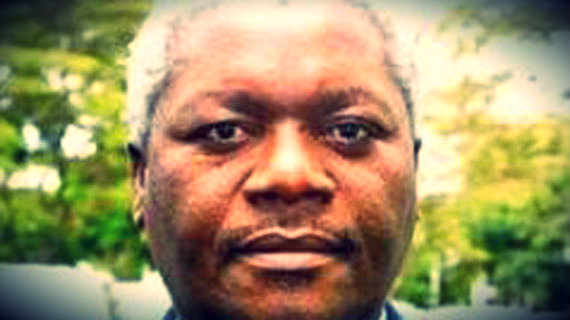
KWEKWE Residents and Ratepayers’ Development Association (KRRDA) is on a collision course with its local authority after councillors approved a massive increase in water tariffs in the mining city. BLESSED MHLANGA STAFF REPORTER In its 2015 budget, the local authority has proposed to increase water tariffs in the high and low-density areas by 68%.
Water tariffs, if approved by Local Government minister Ignatius Chombo, will go up from 25c per cubic metre to 42c in the high-density suburbs, while the charges will go up from 51c to 80c in the low-density.
Commerce and industry will now buy water for 96c per cubic metre up from 60c in a move which is likely to hit Redcliff City Council harshly.
Redcliff buys its water from Kwekwe on the industry and commerce rate before selling it to its own consumers at a higher tariff to recover operating costs.
KRRDA, which has already delivered a petition signed by 31 residents, is opposed to the proposed increase, saying it is unjustified and meant to raise funds to pamper top management with hefty salaries and luxury vehicles.
“Many luxurious items have been budgeted for and these include the town clerk’s Prado or equivalent, which is budgeted for at $120 000 (City of Kwekwe Draft Budget 2015 page 65),” reads part of the petition.
“He does not require a Prado since his work is always within the jurisdiction of the city so which rugged terrain does he want to travel?
“The 2015 draft budget highlights 4×4 double cabs for heads of departments. This is totally unjustified and these senior managers should emulate the conduct of the mayor (Matenda Madzoke), who refused to accept a luxurious vehicle for public interest.”
- Chamisa under fire over US$120K donation
- Mavhunga puts DeMbare into Chibuku quarterfinals
- Pension funds bet on Cabora Bassa oilfields
- Councils defy govt fire tender directive
Keep Reading
During the budget consultative stages, Madzoke said the increase in water tariffs was caused by a sharp rise in costs of acquiring water treatment chemicals.
“Since the city no longer has the support of the donor community in the purchase of water treatment chemicals, the cost of delivering clean water to the people has gone up and this is the gap we intend to close,” he said.
Council, which has maintained all its other tariffs unchanged, is looking to raise revenue of $21 million next year, but faces a hurdle as most residents and companies fail to pay their bills.










